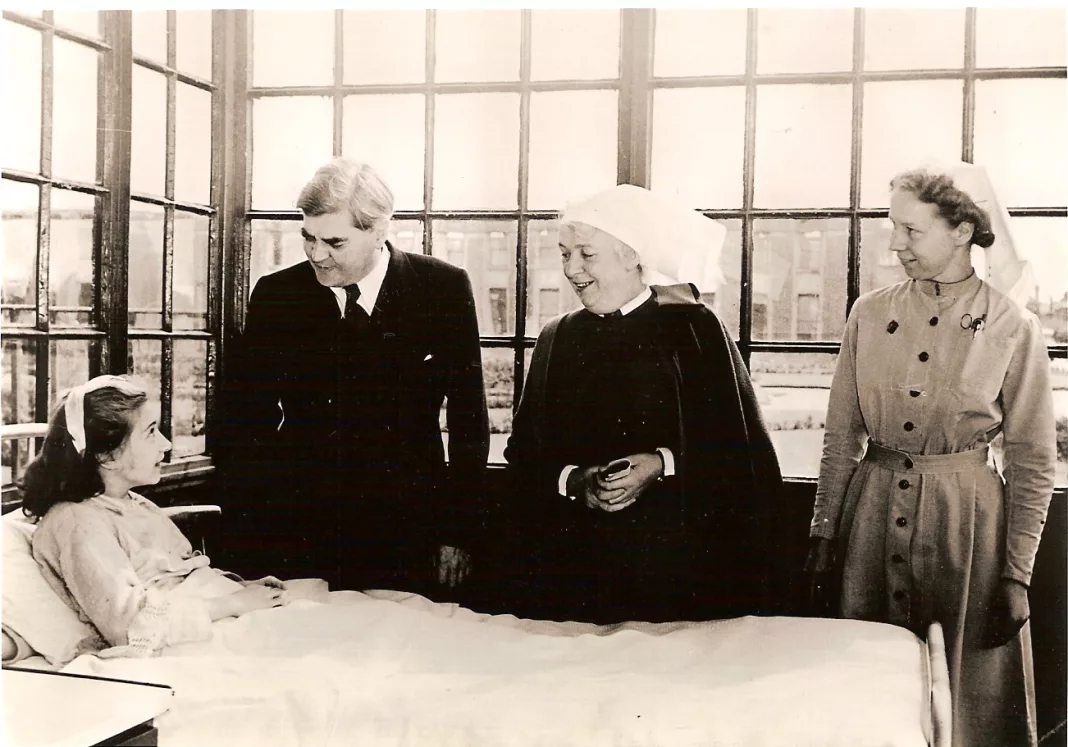Our crash course in British politics is coming to an end in this fifth and final article. In recent weeks, we learned how British elections work, who the main candidates for PM really are, and what were some of the recent scandals in both parties. In this article, we will look past Westminster and analyse the public. In particular, what issues does the British public think are most important? Before we begin, it is important to note that this article is based on public opinion polls, which are volatile and could change substantially by voting day.
First, YouGov’s tracker on the “most important issues facing the country”. According to its last update, on February 11th 2024, the five most important issues are the following: the economy at 51%; health at 46%; immigration at 38%; defence and security at 23%; and a tie between housing and the environment at 22%. Interestingly, these issues remain relatively stable when the analysis is broken into Labour and Conservative voters, although for the latter defence and security do not make the cut, being replaced with education.
An additional analysis finds that women care about the same issues as Conservatives (but to different extents), and care about the economy and health equally, at 48%. However, although British men care the most about the economy, at 54%, they narrowly see immigration as more important than health, at 40% and 39% respectively. Finally, it appears that across age groups, the issues dominating the public’s interest are the economy, immigration, and health – possibly unsurprisingly for anyone reading the news.
Next, according to an Ipsos analysis from December 2023, the most important issues for the public are inflation at 34%; the economy at 31%; immigration at 29%; the NHS at 28% and housing at 15%. However, a closer observation of the public’s interest appears to create two groups of issues that receive close public interest. The first group consists of the top three issues, the economy (and inflation), immigration, and the NHS (health), which are close to 30%. The second group consists of the next five issues – housing, poverty, environment, lack of faith in politics, and education – which are around 12%.
In Ipsos’ breakdown into different groups, we find that men’s and women’s perceptions are, mostly, very close to one another. However, while men care more about the economy and immigration by 6% and 5% (respectively), women care more about housing and poverty by 6% and 7% (respectively). When it comes to political affiliation, Labour voters care more about inflation by 10%, the economy by 9% and the NHS by 7%, while Conservative voters care more about immigration by 31%. Notably, white voters care substantially more about immigration than ethnic minority voters, by 22%.
So, the voters are quite clear – the economy, immigration and healthcare services are generally most important to them. But when it comes to other issues, including housing and defence, the picture starts breaking down into groups based on political belief, ethnicity, and age.
It has been my pleasure to go on this journey with you, learning together about British politics. Thank you, everyone – and congratulations on gaining a basic understanding of British politics.


